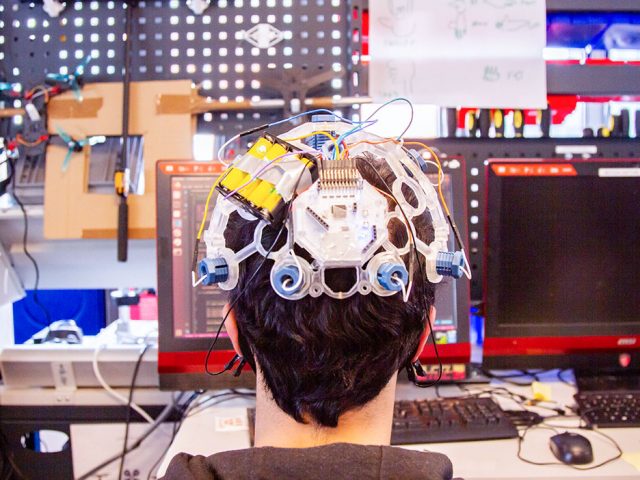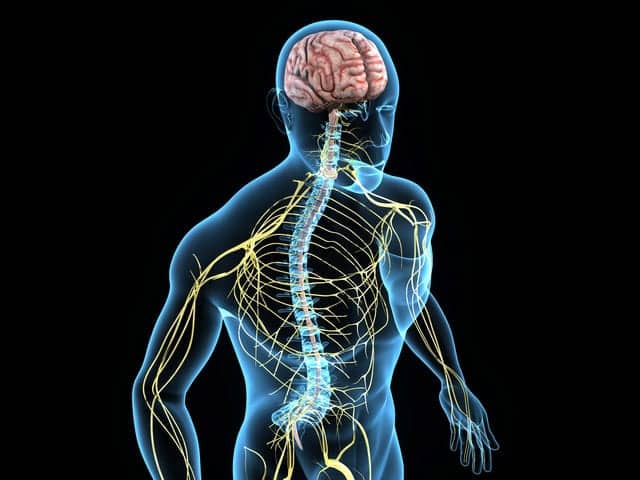Brain’s Performance Adapts and Evolves

The brain is a remarkable organ that undergoes significant changes throughout our lives. From the early stages of childhood to the challenges of aging, our brain’s performance adapts and evolves. Understanding these transformations is crucial for optimizing cognitive function and overall well-being. In this article, we will explore the various stages of life and how the brain performs during each phase. By delving into the intricacies of brain development, cognitive abilities, and potential challenges, we hope to shed light on the remarkable journey our brains embark upon from childhood to aging.
Childhood: Building Blocks of the Brain
The foundation of brain development begins in childhood. During this phase, the brain undergoes rapid growth and forms countless connections, known as synapses. These connections allow neurons to communicate and lay the groundwork for future cognitive abilities. Early experiences and stimuli play a crucial role in shaping brain development. Stimulating environments, adequate nutrition, and nurturing relationships contribute to the establishment of robust neural networks.
As children engage in play, exploration, and learning, their brains experience significant leaps in cognitive performance. Cognitive abilities such as language acquisition, problem-solving, and memory consolidation develop rapidly during this phase. The brain’s plasticity, or its ability to adapt and reorganize itself, is particularly high in childhood, making it an optimal time for learning and skill acquisition.
Adolescence: Challenges and Opportunities
The teenage years mark a unique stage of brain development characterized by both challenges and opportunities. During adolescence, the brain undergoes a pruning process, refining and strengthening the neural connections established in childhood. This process allows for increased efficiency and specialization in specific areas of the brain.
However, the prefrontal cortex, responsible for decision-making and impulse control, is not fully developed until early adulthood. This disparity between the maturation of emotional and cognitive areas can lead to impulsive behavior and risk-taking tendencies. Hormonal changes also influence brain function, contributing to mood swings and emotional volatility.
Despite these challenges, adolescence is a period of tremendous brain plasticity. With the right guidance, adolescents can harness their brain’s flexibility to acquire new skills, explore interests, and expand their cognitive abilities. Engaging in activities that promote cognitive development, such as critical thinking exercises, creative pursuits, and problem-solving tasks, can enhance brain performance during this crucial stage.
Adulthood: Balancing Responsibilities and Cognitive Health
As we transition into adulthood, our brains reach a stage of relative stability. The neural connections established during childhood and adolescence become more refined and streamlined. The brain continues to learn and adapt, albeit at a slower pace.
During adulthood, cognitive performance is influenced by a variety of factors, including lifestyle choices, stress levels, and overall health. Balancing responsibilities, such as work, family, and personal commitments, can be demanding and may impact cognitive abilities. Chronic stress, lack of sleep, and unhealthy habits can impair memory, attention, and decision-making.
Maintaining brain health in adulthood involves adopting practices that support cognitive function. Regular physical exercise, a balanced diet rich in brain-boosting nutrients, and mental stimulation through learning new skills or engaging in hobbies all contribute to optimal brain performance. Additionally, managing stress through relaxation techniques, social connections, and sufficient sleep promotes cognitive well-being.

Aging: Navigating Cognitive Changes
As we enter the golden years, the brain undergoes natural changes associated with aging. Cognitive functions such as processing speed, memory recall, and attention span may decline gradually. However, it is important to note that cognitive decline varies among individuals, and factors such as genetics, lifestyle, and overall health play significant roles.
While some cognitive changes are inevitable, there are ways to support brain health and minimize age-related decline. Engaging in mentally stimulating activities, such as puzzles, reading, or learning a new language, helps maintain cognitive function and may even delay cognitive decline.
Physical exercise also plays a crucial role in preserving brain health during aging. Regular aerobic exercise has been shown to improve memory, attention, and overall cognitive performance. Adopting a healthy lifestyle that includes a nutrient-rich diet, social engagement, and stress reduction techniques contributes to brain health and enhances overall quality of life.
Conclusion
Our brain’s performance evolves across different life stages, from the rapid development of childhood to the challenges of aging. Understanding these transformations can guide us in optimizing cognitive function and well-being. By fostering a supportive environment during childhood, engaging in cognitive activities during adolescence and adulthood, and adopting brain-healthy practices during aging, we can navigate each life stage with resilience and vitality. The journey of brain performance is an ongoing one, and by nurturing our brain throughout life, we can unlock its incredible potential and lead fulfilling, cognitively vibrant lives. Come and visit their page to find more tips and ideas about taking brain supplement.





